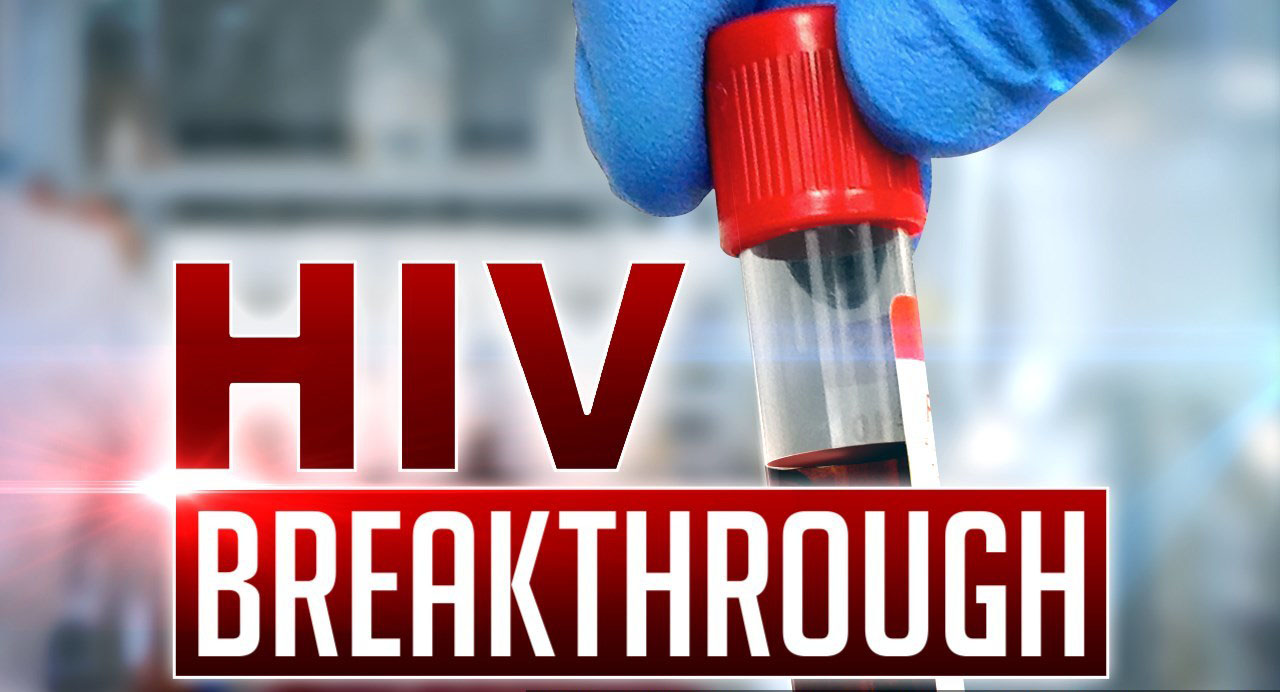Breaking News: AGT103-T, New Drug By American Gene Technologies Developed To Cure HIV/AIDS Unveiled
Source: Thailand Medical News Nov 10, 2019 6 years, 2 months, 3 weeks, 5 days, 4 hours, 44 minutes ago
A group of medical and genomic researchers in Maryland from a company called
American Gene Technologies announced that they have the answer for curing
HIV/AIDS using
gene therapy. The company hopes to initiate medical trials of a new
gene therapy drug that it says can
cure HIV.
 American Gene Technologies
American Gene Technologies (
AGT), a Rockville-based medical research company, has submitted a I
nvestigational New Drug (
IND) application with the
US FDA to begin gene therapy trials that researchers believe could eliminate HIV in people already living with the virus.
The new drug,an
HIV treatment program called
AGT103-T is a single-dose, lentiviral vector-based gene therapy that
AGT says could remove infected cells from the body and decrease or eliminate the need for lifelong antiretroviral treatment in
HIV-positive patients.
The company hopes to begin a Phase 1 clinical trial that will examine the safety of
AGT103-T in humans.
In an official announcement,
AGT chief science officer C. David Pauza, PhD, said the company’s objective is “to treat
HIV disease with an innovative cell and
gene therapy that reconstitutes immunity to
HIV and will control virus growth in the absence of antiretroviral drugs.”
American Gene Technologies’s approach differs from other medical researchers’ attempts to cure
HIV. As
Thailand Medical News reported earlier this year, researchers in Europe made headlines when two separate
HIV-positive patients no longer had the virus after obtaining bone marrow transplants from donors with an
HIV-resistant mutation to treat unrelated cancers.
Those
HIV infected patients marked the second and third time doctors were able to effectively “cure” patients living with HIV via bone marrow transplant in the history of modern medicine. However,
HIV/AIDS activists and medical professionals were quick to raise concerns about the feasibility of curing HIV with bone marrow transplants on a more widespread basis.
Kenneth Freedberg, MD, a professor of medicine at Harvard Medical School and Massachusetts General Hospital, told
Thailand Medical News in early 2019 that the method “is not a remotely plausible strategy for HIV treatment” for the vast majority of patients.
Dr Freedberg explained. “A bone marrow transplant is an extraordinarily toxic and life-threatening intervention, which you do if someone has an illness that’s clearly going to be fatal. There must be no other treatment options available. It puts people at massive risk for infections and toxicity complications.”
>
While the fight against
HIV/AIDS wages on, communities at risk of contracting the virus continue to take preventative measures against new infections including daily use of Pre-exposure prophylaxis
(PrEP), a potentially life-saving
HIV prevention drug that is massively popular among gay, bisexual, sex workers or those promiscuous.
In the United States,
PrEP is pretty much exclusively available as
Truvada, its brand-name version manufactured by Gilead Sciences with a very high retail markup. That may change soon, though: Earlier this week, the government filed a lawsuit against
Gilead alleging patent infringement on
PrEP, which was patented by public health researchers at the Department of Health and Human Services years ago.
The announcement of the new gene therapy cure for
HIV did not raise any skepticism among
HIV specialists as many knew that it was eventually coming and that gene based therapies was going to be the answer.
“We need to move these people from anti-retroviral control to permanent immunity and we think this project may be able to do that,” AGT CEO Jeff Galvin said.
An estimated 1.8 million people in the United States are living with
HIV and
AIDS, while the global figure is actually into tens of millions but often the figures are mentioned as low due to a variety of political reasons.
The company expects to hear from the
US FDA before the end of the year.If their application is approved, clinical trials could begin in January. However it could still be a couple of years before the drug gets final approval and goes to market.
Thailand Medical News will be continuing to provide updates on the progress of this new development.
